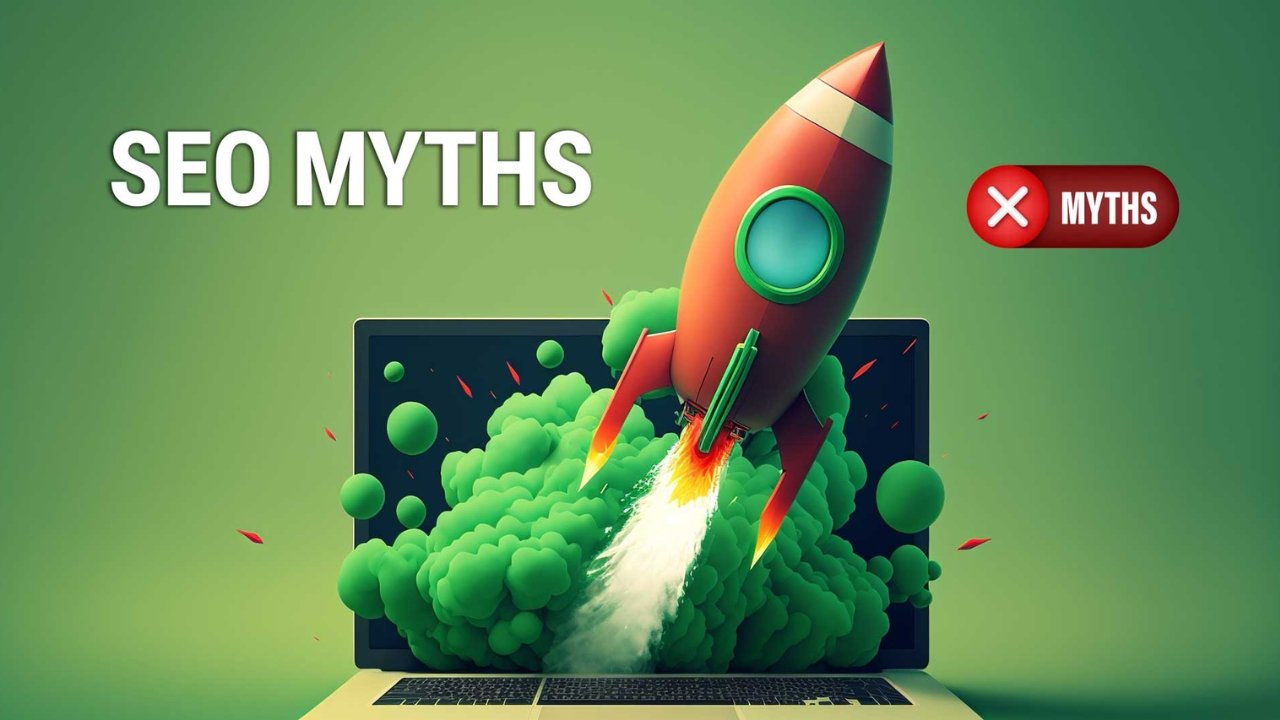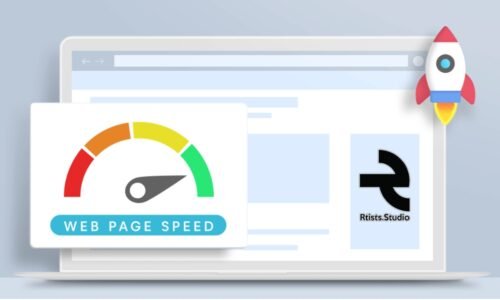
SEO Myths Exposed: What No Longer Works in 2024?
In 2024, we’ll be debunking more SEO myths than ever before as the digital world continues to evolve, revealing how some SEO tactics that once worked may now hurt your ranking as algorithms and user preferences evolve.
This blog aims to clear up common misconceptions and outdated strategies, focusing on what no longer works in SEO.
Myth 1: Keyword Stuffing Boosts Your Ranking
The days of stuffing your webpage with keywords to improve your search engine ranking are over. Today’s search engines are smarter than ever, and they prioritize content quality and relevance over keyword density.
Google’s algorithms, including the BERT (Artificial Intelligence Language Model) and its predecessors, have advanced the search engine’s knowledge of natural language processing (NLP). This makes keyword stuffing outdated and potentially dangerous, as it can result in spam-like content being penalized.
Google has been emphasizing content quality for a long time, and its guidelines recommend against keyword stuffing. User engagement metrics (such as time on page (OTP) and bounce rates) also play an important role in determining rankings, and poor content quality can hurt rankings.
Myth 2: More Backlinks are Always Better
Today’s algorithms prioritize quality over quantity when it comes to SEO, valuing a few high-quality backlinks from reputable and well-known websites more than numerous low-quality links.
Google’s Penguin Update and subsequent updates have emphasized the significance of link quality, penalizing poor linking practices and making it clear that indiscriminate backlinks can seriously harm your website’s trustworthiness and rankings. These updates quickly identify link farms and other malicious backlinks attempting to artificially inflate link numbers.
Myth 3: SEO is All About Rankings
In 2024, modern SEO practices prioritize a holistic approach, emphasizing user experience, valuable content, and conversion optimization, recognizing that getting to the top of search results is a significant achievement but not the sole focus.
Additionally, SEO strategies now target SERP (Search Engine Results Page) features like featured snippets, local pack listings, and knowledge graphs. SEMrush reports that these features often attract significant click-through rates by directly addressing user queries on the SERP, even from lower positions.
Myth 4: Meta Tags Don’t Matter Anymore
While some meta tags, like the keyword meta tag, have lost their importance over the years since Google stopped using them, others remain crucial for SEO. Titles and meta descriptions, for instance, directly influence click-through rates (CTR) from the search engine results pages (SERPs). A well-written meta description can serve as “ad copy” for your website, enticing users to click on your site.
Myth 5: Posting More Content Will Automatically Improve Your SEO
Increasing your SEO by boosting your content output is outdated. Quality and relevance outweigh quantity. Search engines seek content that aligns with user intent and provides value. Excessive low-quality content undermines your brand authority and diminishes your search engine visibility.
An effective content strategy prioritizes user engagement, comprehensive topic coverage, and content utility. In SEO, fewer high-quality, in-depth posts addressing specific user queries and needs can prove more effective than generic content.
Myth 6: Social Media Doesn't Affect SEO
Although social media signals do not directly impact search engine rankings, they do exert an indirect effect. Increased visibility of social media content boosts the sharing and traffic to your content, thus enhancing your likelihood of obtaining backlinks. Moreover, a robust social media presence boosts brand awareness and recognition, consequently driving up the number of search queries specifically related to your brand. This constitutes an SEO signal that works to your advantage.
Myth 7: HTTPS is Optional
Google has stated that the company prioritizes security, and since 2014, HTTPS has served as a ranking signal. A website lacking security will not draw visitors and will probably rank lower in search results.
The significance of security cannot be overstated, particularly as internet users grow increasingly aware of data leaks and privacy concerns.
Myth 8: Images Don’t Need Optimization
Now more than ever, images play a crucial role in the web’s visual landscape, with image searches gaining popularity. To optimize images, compress them to enhance loading times, provide descriptive filenames, include alt text for accessibility and SEO purposes. Google image search has undergone significant changes, making optimized images essential for drawing traffic through image searches.
Conclusion
In 2024, SEO is more complex and nuanced than ever before. It’s crucial to comprehend what’s effective and what’s not. Failure to do so wastes time and resources and may damage your site’s ranking.
Businesses can enhance the effectiveness and future readiness of their SEO strategies by debunking SEO myths and adopting best practices centered on quality and relevancy. In today’s SEO environment, staying up-to-date and continuously learning is imperative.
Related Posts

- admin
- November 9, 2025
Real Estate Videography & Photography Services in Dubai- UAE
The UAE Real Estate Landscape Is Evolving And Visuals Are Leading the Way. In today’s fast-pa ..

- admin
- July 2, 2024
A Detailed Guide to Website Page Speed
The speed at which your website loads can make or break your online success. Page speed is a cr ..


Leave A Comment